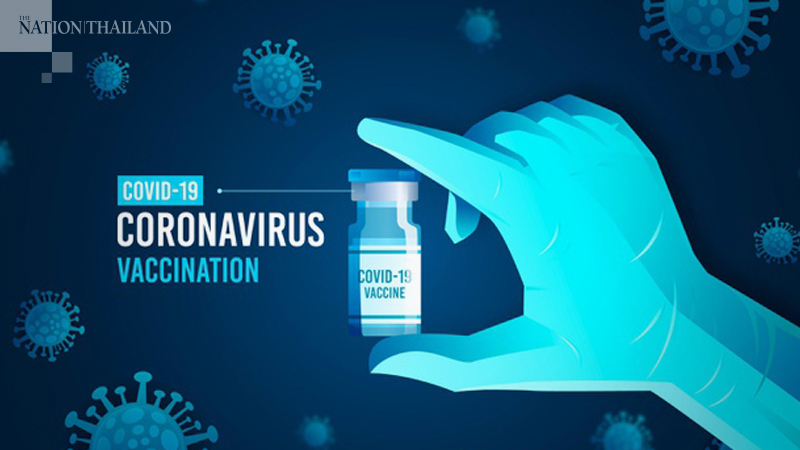WHO tempers prospect of a coronavirus vaccine with warning of a long fight to come

The world welcomed with relief biotechnology firm Moderna's Monday announcement that initial results suggested its coronavirus vaccine candidate was nearly 95% effective at preventing the illness. Markets soared on the promising news.
But experts at the World Health Organization in Geneva weighed the hopes against a long slog they still see ahead.
"Last week we had 60,000 deaths," said Edward Kelly, director of WHO's work on service delivery and safety, during a news briefing. "We had 4 million new cases. We will have more of those weeks before the vaccine is out there."
Public health officials have long warned that the development of an effective vaccine would be the beginning of a struggle just as steep: an effort to vaccinate the world.
"It's not vaccines that save people, it's vaccinations that will actually save people," Kelly said.
Katherine O'Brien, director of the WHO's immunization department, said the discovery of a highly-effective vaccine was like building a base camp on Mount Everest. "The climb to the peak is really about delivering the vaccines," she said.
The caution at the world's top public health body was not directed toward the achievements of Moderna and other vaccine developers, but at creating a realistic understanding of the enormous task of immunization. Supply and delivery will pose high hurdles, among others, even if a vaccine is highly effective, according to public health experts.
At least one vaccine could be available to the public within months: Moderna's announcement came a week after U.S. pharmaceutical giant Pfizer and its German partner BioNTech announced that their own experimental coronavirus vaccine was more than 90 percent effective. But the WHO warned the world to expect a steep climb toward recovery nonetheless.
"A vaccine on its own will not end the pandemic," WHO director general Tedros Adhanom Ghebreyesus said at a meeting of the organizations 's executive board on Monday. Experts said that measures including social distancing and testing will need to continue for quite some time.
Soumya Swaminathan, the WHO's chief scientist, said the Moderna announcement was "quite encouraging," but that only additional months of testing could ensure that the vaccine was safe in the longer term for all communities.
O'Brien said that both Pfizer and Moderna's candidates are likely to require two doses to be effective, which could complicate delivery in many parts of the world. She noted that the two most promising vaccine candidates so far required cold storage, though Moderna could be kept at warmer temperatures for longer.
The WHO is particularly concerned about vaccines that could prove hard for poorer countries to administer or store. It is spearheading a plan called Covid-19 Vaccines Global Access Facility, or Covax, which aims to develop and equitably distribute $2 billion in doses of a vaccine by the end of next year. But researchers warn that wealth countries have already bought up many potential doses, and could force poor countries to the back of the line.
Some experts who study vaccine supply chains saw reason for optimism after Moderna's announcement on Monday. Pfizer's experimental vaccine requires ultracold storage conditions of around negative 70 degrees Celsius to ensure it remains effective.
Moderna's vaccine can be kept refrigerator temperatures for a month and frozen for up to six months, the company said on Monday. Michael Head, senior research fellow in global health at the University of Southampton, said that meant Moderna's candidate likely be better suited for poorer nations.
